We gain freedom when we have paid the full price
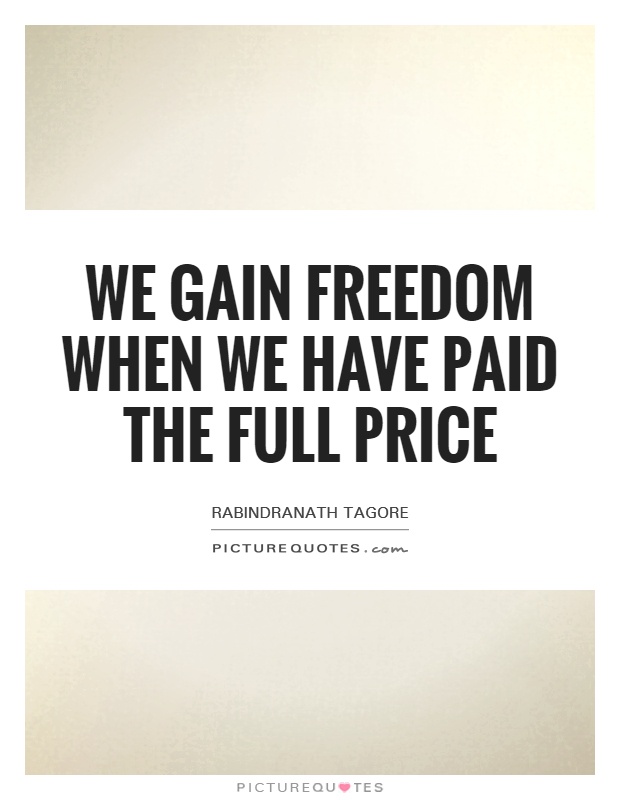
We gain freedom when we have paid the full price
Rabindranath Tagore, the renowned Indian poet, philosopher, and Nobel laureate, often explored the theme of freedom in his works. One of his famous quotes, "We gain freedom when we have paid the full price," encapsulates his belief that true freedom comes at a cost. Tagore believed that freedom was not something that could be easily attained or taken for granted; rather, it required sacrifice, struggle, and perseverance.In Tagore's view, freedom was not just about political independence or liberation from external constraints. It was also about inner freedom – the freedom to think, feel, and act according to one's own conscience and values. This kind of freedom, he believed, could only be achieved through self-discipline, self-awareness, and self-transformation.
For Tagore, paying the full price for freedom meant being willing to confront and overcome one's fears, limitations, and attachments. It meant being willing to let go of the past, embrace the present, and envision a better future. It meant being willing to take risks, make sacrifices, and face the consequences of one's actions. In short, it meant being willing to undergo a process of inner growth and self-realization.
Tagore's own life and work exemplified his belief in the transformative power of freedom. As a poet, he used his art to express his deepest thoughts and emotions, challenging conventional norms and inspiring others to do the same. As a social reformer, he advocated for the rights of women, children, and marginalized communities, fighting against injustice and oppression. As a spiritual seeker, he explored the mysteries of existence and the interconnectedness of all beings, seeking to transcend the limitations of the ego and experience the unity of the universe.

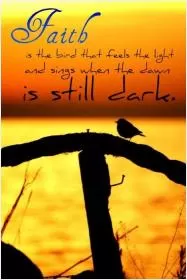
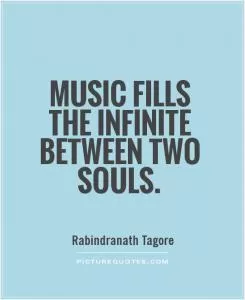
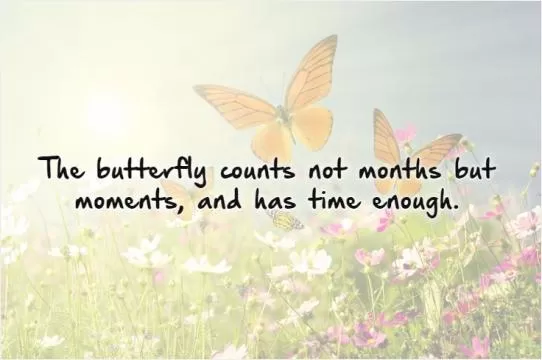
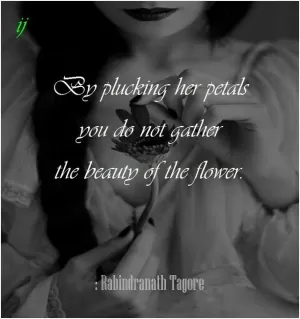
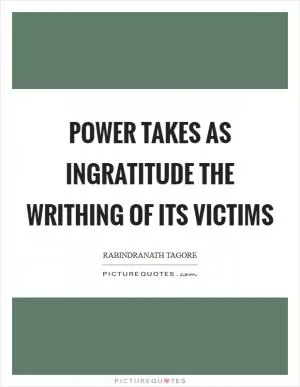
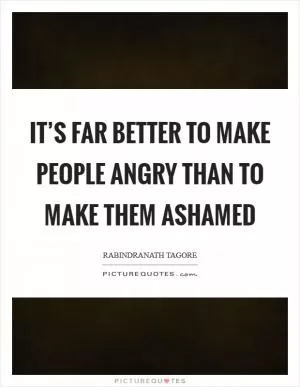
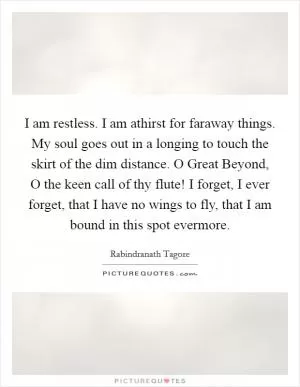

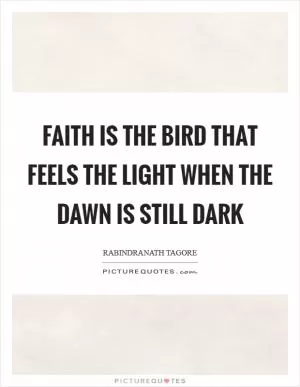
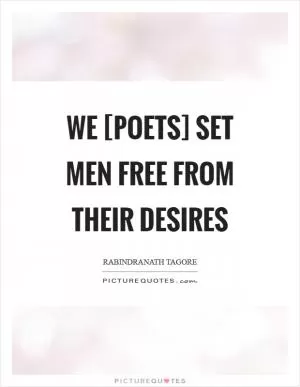
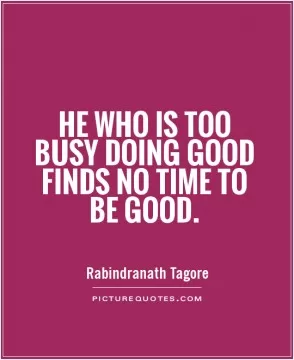
 Friendship Quotes
Friendship Quotes Love Quotes
Love Quotes Life Quotes
Life Quotes Funny Quotes
Funny Quotes Motivational Quotes
Motivational Quotes Inspirational Quotes
Inspirational Quotes